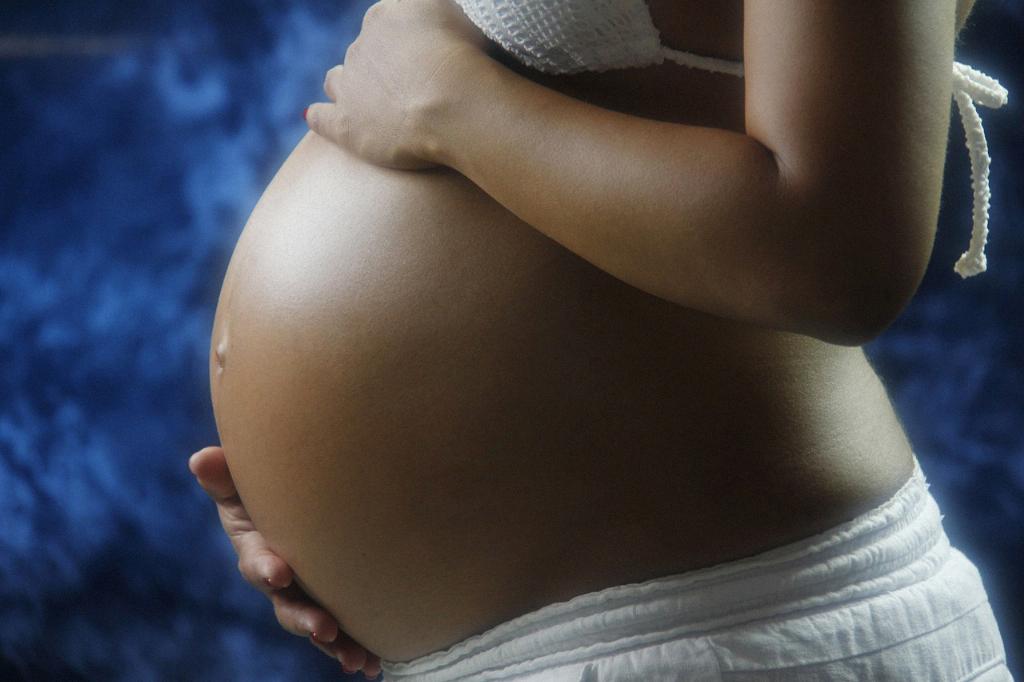When pregnancy brings changes, one common occurrence that many women notice is excessive hair growth on their bodies. This sudden increase in hairiness is not uncommon and can be attributed to several factors, with hormones taking center stage in this biological phenomenon.
During pregnancy, hormonal fluctuations, particularly an increase in androgens, can stimulate hair growth. Androgens are typically male hormones, but women also have small amounts in their bodies. An uptick in these hormones can lead to accelerated hair growth, especially in areas where you might not have experienced it before, such as the face or body.
The surge in hormones during pregnancy can cause your hair to enter the “anagen” phase more quickly. This phase is when hair actively grows, resulting in thicker and longer hair strands. As a result, you may notice that your hair seems to grow faster and even feel coarser during this time.
While the increase in hair growth can be bothersome for some women, rest assured that it is usually temporary and resolves on its own post-pregnancy. As your hormone levels stabilize after giving birth, the excessive hair growth should diminish, and your hair growth patterns will likely return to normal.
For women wondering why they are getting hairier during pregnancy, genetics can also play a role in hair growth patterns. If you have a family history of excessive hair growth or hirsutism, you may be more prone to experiencing increased hairiness during pregnancy due to inherited factors.
It’s important to note that while some women embrace their newfound hairiness during pregnancy, others may feel self-conscious or uncomfortable with the changes in their appearance. If you find the excess hair growth bothersome, there are safe ways to manage it, such as tweezing, waxing, or shaving.
When it comes to hair removal methods during pregnancy, it’s best to avoid chemical treatments like bleaches or depilatories. These products can contain ingredients that may be absorbed into your bloodstream, potentially posing risks to your developing baby. Opting for non-chemical methods is a safer choice for hair removal during pregnancy.
While the hormonal fluctuations that lead to increased hair growth during pregnancy are a natural part of the process, it’s essential to pay attention to any significant changes or abnormalities in your body. If you experience excessive hair growth accompanied by other symptoms like irregular periods or weight gain, it’s advisable to consult with your healthcare provider to rule out any underlying medical conditions.
Overall, the phenomenon of getting hairier during pregnancy is a common occurrence for many women and is primarily driven by hormonal changes in the body. Embracing these temporary changes as part of the pregnancy journey can help alleviate any concerns or anxieties about the increased hair growth and foster a positive body image during this transformative time.
Remember, each pregnancy is unique, and your body’s response to hormonal fluctuations may vary. By understanding the factors contributing to increased hairiness during pregnancy and exploring safe hair removal options, you can navigate this phase with confidence and embrace the beauty of the changes your body undergoes to nurture new life.

